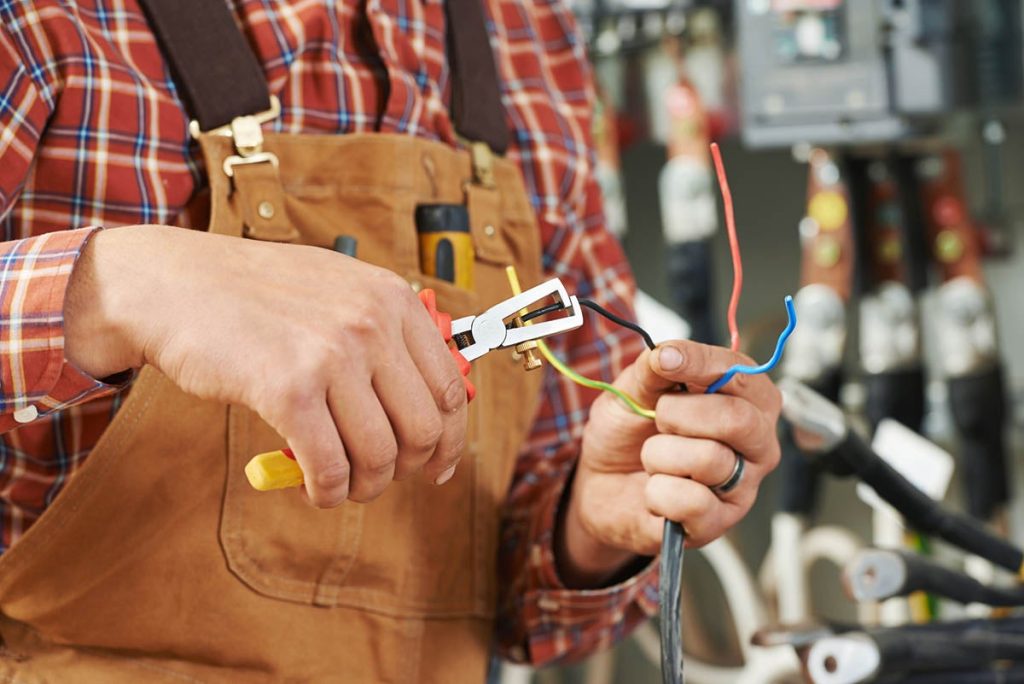Delta-8 THC products: New way to get relief from pain
Delta-8 THC is a new type of THC that is gaining popularity for its potential medical benefits. THC is the main psychoactive component in marijuana, and Delta-8 THC is a weaker version of it. Some people believe that Delta-8 THC can provide the same medical benefits as THC, but without the psychoactive effects.Delta-8 THC is a new way to get relief from pain.
Delta-8 THC help with pain relief
One of the most common uses for Delta-8 THC is pain relief. This is because Delta-8 THC is a potent anti-inflammatory agent. In fact, studies have shown that Delta-8 THC is even more potent than CBD when it comes to reducing inflammation. One study, in particular, found that Delta-8 THC was able to significantly reduce pain and inflammation in rats. The study found that Delta-8 THC was able to reduce inflammation by inhibiting the production of inflammatory cytokines. Another study found that Delta-8 THC was able to reduce pain in mice. The study found that Delta-8 THC was able to reduce pain by interacting with the CB1 receptor. Overall, the research on Delta-8 THC and pain relief are very promising. However, more research is needed to confirm these findings in humans.
Some of the benefits of using Delta-8 THC products include. They Are:
Relaxing and Calming: Best delta 8 Brands is known for its relaxing and calming effects, often helping people feel happier and more at ease.

Relieves Stress:
Delta-8 THC can be used to relieve stress, it has anti-stress effects. It can be used to treat patients who are suffering from conditions such as post-traumatic stress disorder and generalised anxiety disorder.
Reduces Inflammation:
Delta-8 THC is known to reduce inflammation throughout the body and can be used to treat conditions like arthritis and Crohn’s disease.
Analgesic:
Delta-8 THC can be used to manage pain, it is a non-addictive way of pain management. Delta-8 THC can be used to manage pain, it is a non-addictive way of pain management. It is useful for treating pain associated with diseases such as cancer, arthritis, and multiple sclerosis.
Antiemetic:
According to a study by the US National Institute of Health, Delta-8 THC can be used as an effective antiemetic. Antiemetics are drugs that are used to prevent vomiting and nausea. Delta-8 THC is effective in reducing these symptoms.
Anti-anxiety:
Delta-8 THC is known to have anti-anxiety properties, helping people feel less anxious and more at ease.
Appetite Stimulant:
Delta-8 THC is also known to be an appetite stimulant, helping people who are struggling to eat due to chemotherapy or other conditions.
Delta-8 THC is a cannabinoid that offers many potential benefits, including reducing inflammation, relieving pain, and reducing anxiety. It is also an appetite stimulant, making it a helpful tool for people who are struggling to eat due to chemotherapy or other conditions.





















 What does it make?
What does it make?


 Build and mint NFTs:
Build and mint NFTs:

